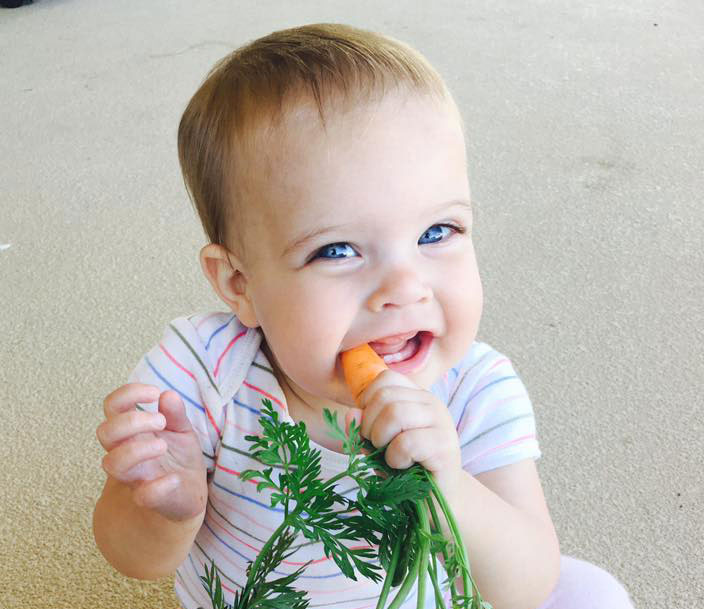
If you are considering starting an organic garden, there are a few things you should know before you begin. With a little know-how and patience, you will be crunching on fresh produce in no time.
Gardening has become immensely popular in the last few years. Aside from being a great way to produce fresh fruits, vegetables, and herbs, many people have discovered the meditative and soothing aspects of working in the dirt. Urban gardens have also become widespread, as a way for folks in the city to reconnect with nature.
Organic gardening is gaining an especially passionate following. Because a lot of produce is riddled with pesticides and GMOs, families have begun to grow their own organic food to keep chemicals out of their bodies. Not only is organic gardening good for your health, but it has tremendous benefits for the earth as well.
If you are considering starting an organic garden, there are a few things you should know before you begin. With a little know-how and patience, you will be crunching on fresh produce in no time.
It’s important to understand why organic gardening is so popular, and why it is important to use this method for your own plot. Traditional pesticides have been linked to cancer, as well as several other serious diseases. Consuming produce grown with pesticides can put you and your loved ones at risk. Organic farming also reduces emissions that severely affect the environment.
The pesticides used in traditional growing to kill harmful insects can injure or destroy bees and other pollinators, which are extremely important to our ecosystem. Without pollination, plants do not grow as large or as lush, so food and air quality suffer. Organic farming does not use pesticides, GMOs, or chemicals of any kind.
Many people resist organic gardening because they believe it to be too expensive. In reality, the small price increase for soil and seeds more than pays for itself in human health and environmental preservation.
Your first step to organic gardening at home is planning. What kinds of plants will your organic garden contain? The types of plants you can have in your garden will depend on the climate where you live. Here in Texas, our substantial heat allows many vegetables to thrive. Beans, peas, sweet potatoes, and peppers all do very well in areas where it is warm. Research your local climate zone and determine what grows well. Then determine whether you will start the seeds yourself or buy seedlings. If you are a first-time gardener, seedlings tend to be easier to grow.
You will also have to test your soil to see what you may need to add. Many people use at-home test kits, while others send a soil sample to the local agriculture department for testing. Let the testing site know that you are aiming for an organic garden so that they can tell you if there are contaminants already in the soil. Based on your findings, you can add new soil, compost, manure, etc. to balance the soil pH and get it ready for planting.
When it is time for you to plant, be sure to give each seed or seedling the proper amount of space. Try to plant in rows if you can, to keep things organized for when you weed and tend to the garden. In organic gardening, there are certain plants that work best next to each other. For example, basil and tomatoes tend to thrive when they are planted together. Many of these companion plants also help to repel pests naturally. Mint, for instance, is a natural mosquito and squirrel deterrent, but be sure to put it in a container as it can be invasive.
Using these secrets to your advantage can help you to run your garden naturally. Rather than spraying with pesticides or chemicals, use nature’s tricks to your advantage.
If planting and working the earth is important to you, you know how wonderful it is to be part of a larger gardening community for support and guidance. Here at Harvest by Hillwood in Northlake/Argyle, TX, we have created an agrihood—a thriving, farm-to-table community for our residents.
If desired, Harvest homeowners can work alongside their neighbors in the community garden and also have access to private garden plots to make their organic gardening dreams a reality. Farmer Ross, our on-site agriculture specialist, is always nearby to help with any gardening questions our residents may have.
If this sounds like the place for you and your family, take a virtual tour to see what Harvest is all about. If you like what you see, we encourage you to reach out to our builders for availability, pricing, and tours. We’d love to see your green thumb in action very soon.
